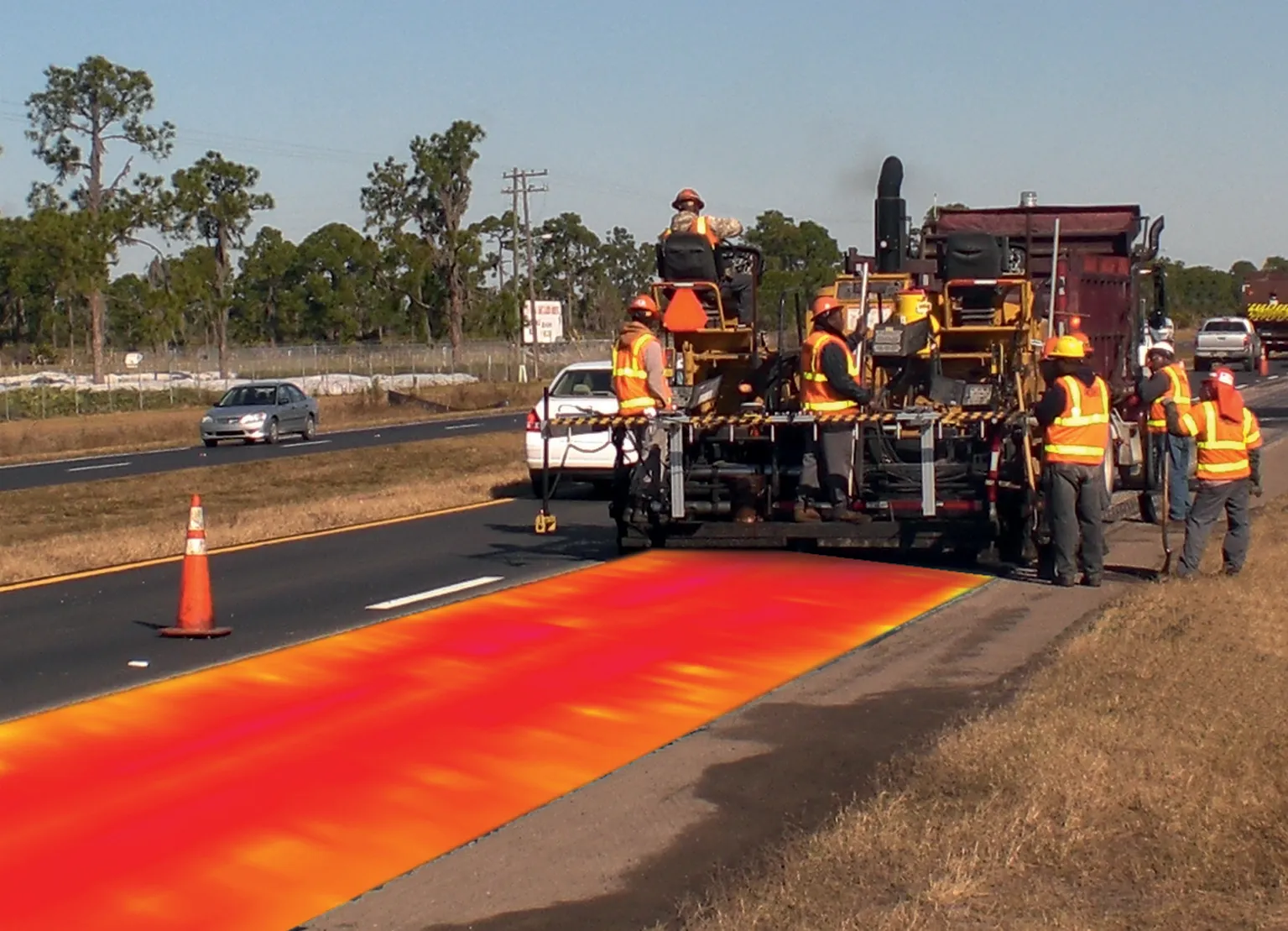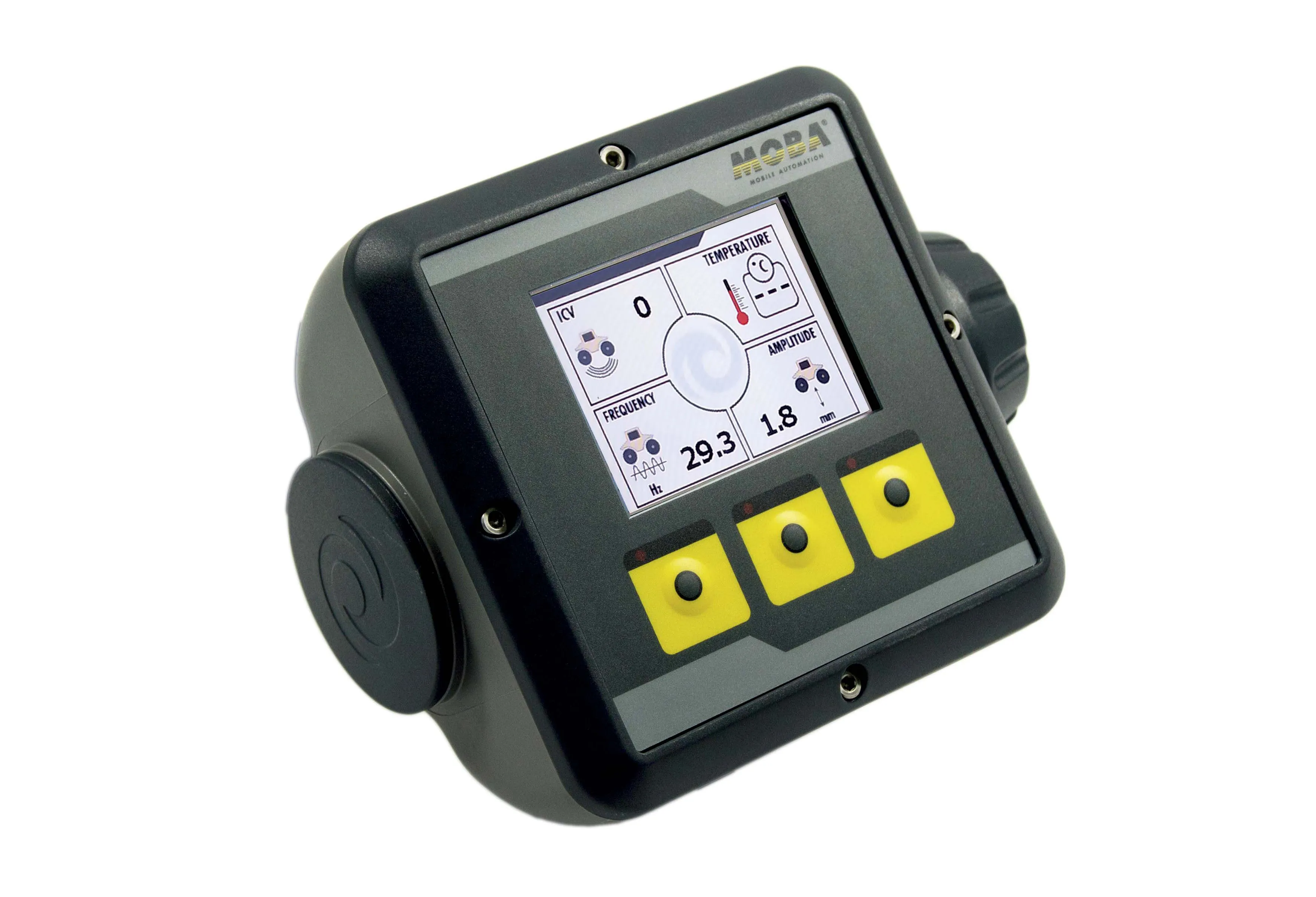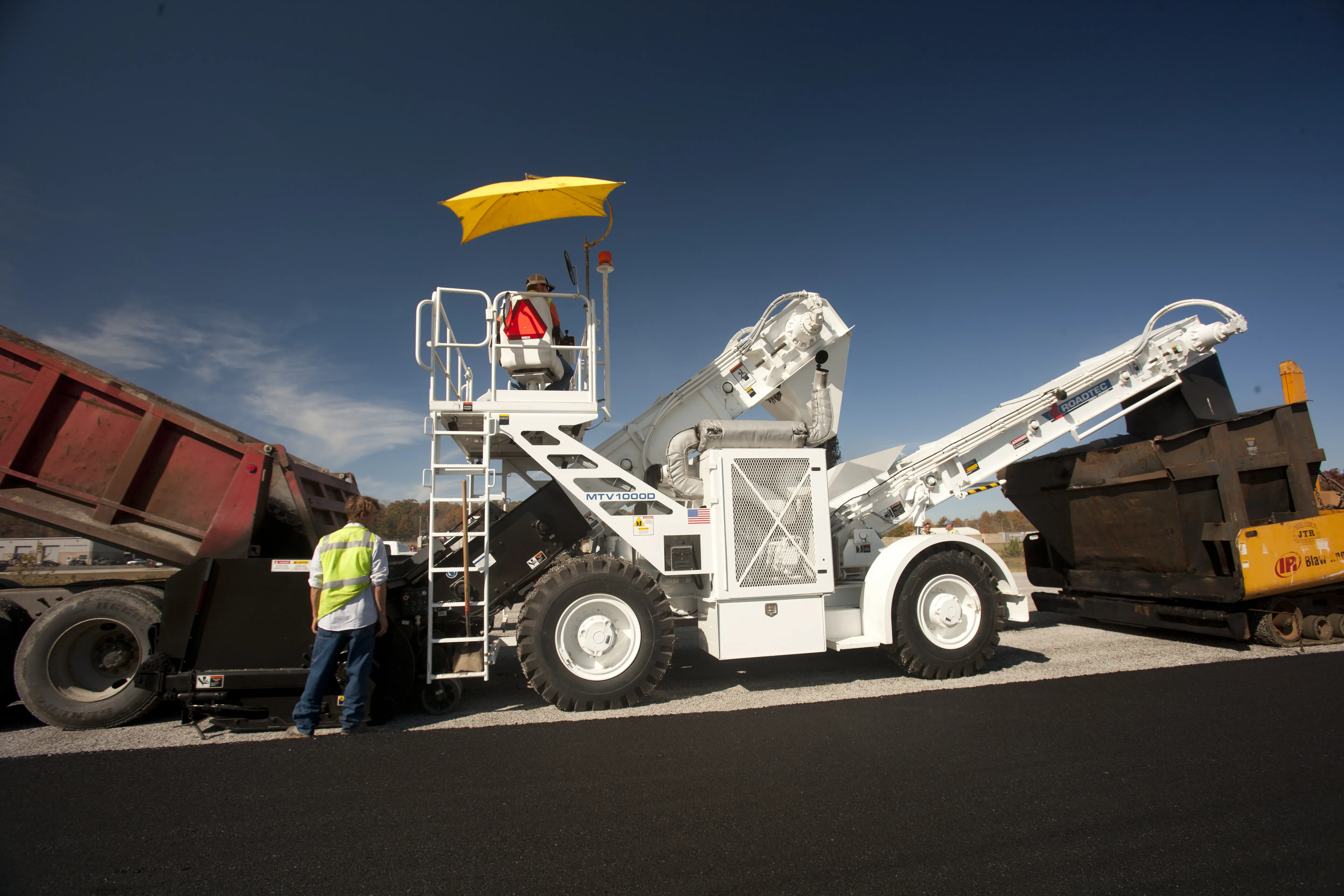PAVING CONTROL specialist MOBA is offering a new system said to be able to boost surface quality and longevity. Called the PAVE-IR, this unit can be used to identify segregation issues during paving processes, a problem that is a major cause of premature failure in asphalt roads. Numerous studies have identified the relationship between thermal segregation and density and the new PAVE-IR package from MOBA is said to offer contractors a non-destructive method for detecting thermal segregation in real time
February 14, 2012
Read time: 2 mins

PAVING CONTROL specialist
Paving speed and paver stops are also recorded, allowing contractors to adjust their paving or haulage operations to maximise profits while delivering a high quality finish that is free of segregation.








